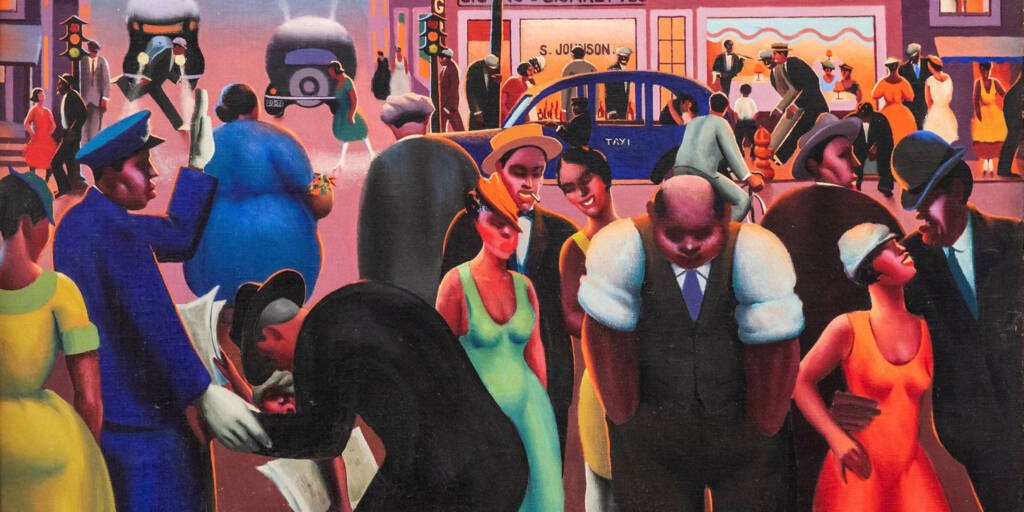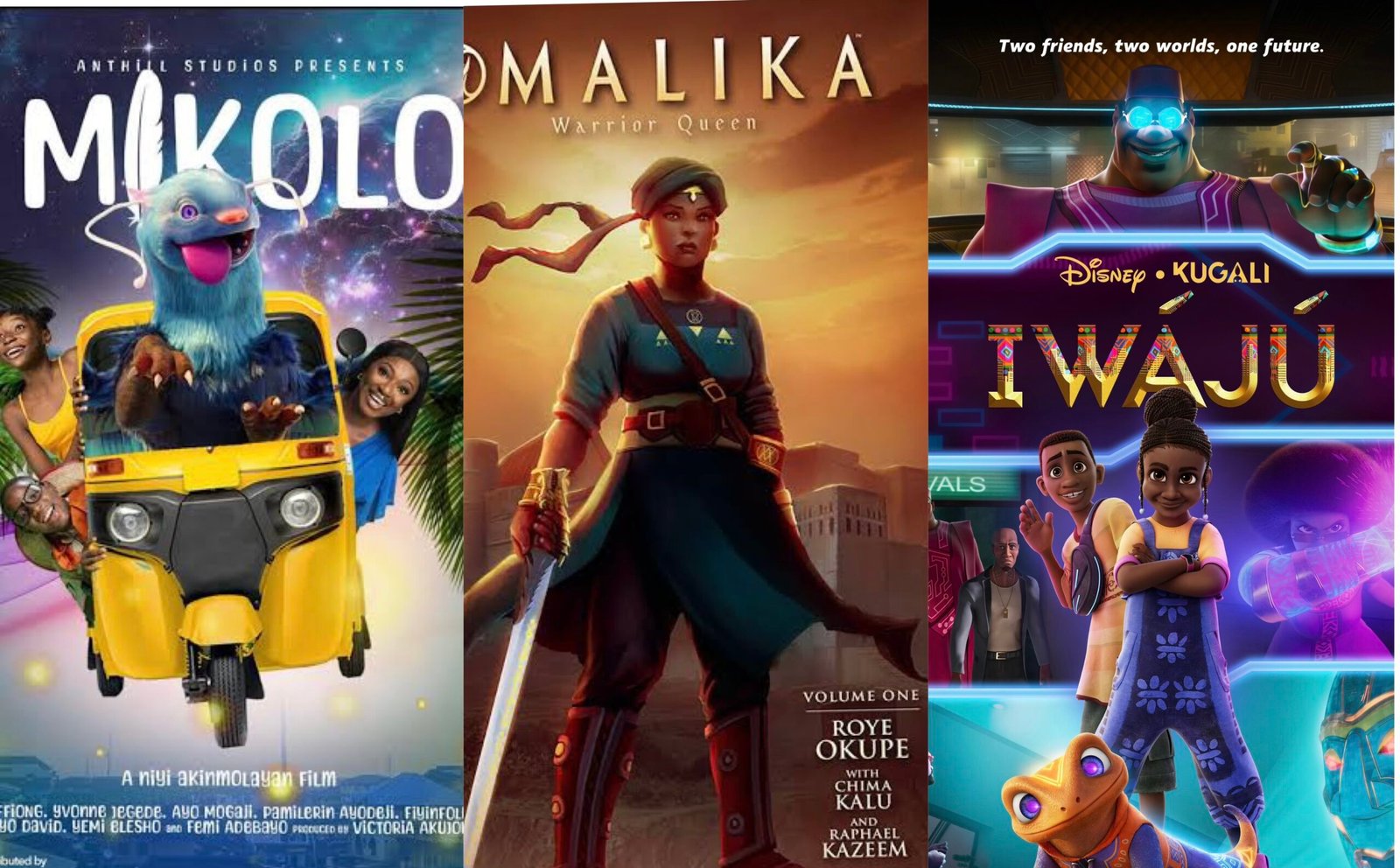In the 1990s and early 2000s, Nigerian children grew up watching Western and Asian cartoons, as locally produced animations were scarce. Shows like Superstory and Tales by Moonlight—though not fully animated, offered glimpses of Nigerian folklore through storytelling.
These early efforts laid the groundwork for a homegrown animation industry, even as foreign cartoons like SpongeBob and Paw Patrol later dominated screens in the mid-2000s.
For years, Nigerian animators struggled with limited funding and distribution, while global studios like Disney and Cartoon Network flooded the market. Without merchandising deals or prime-time slots, Afrocentric cartoons faded into obscurity. But today, a resurgence is underway.


Nigerian animations like Malika: Warrior Queen and Bino and Fino have gained international acclaim, proving the appeal of African stories.
Streaming platforms have further amplified their reach, with Disney’s Iwájú —a collaboration with Lagos-based Kugali Media which showcases Afro-futurism on a global scale. Festivals such as Annecy now spotlight Nigerian works, marking a cultural shift.

The demand for relatable content is growing. Young Nigerians and parents alike are embracing cartoons that celebrate local languages, history, and traditions—something foreign animations rarely provide. With grants from African Animation Networks and rising investment, the industry is thriving.
The African animation market is projected to hit $13.2 billion by 2028, fueled by technology, funding, and government support. This revival isn’t just about entertainment; it’s a reclamation of identity. Nigerian animators are no longer on the sidelines—they’re shaping the future of global pop culture, one frame at a time.

The African animation market is projected to hit $13.2 billion by 2028, fueled by technology, funding, and government support. This revival isn’t just about entertainment; it’s a reclamation of identity. Nigerian animators are no longer on the sidelines—they’re shaping the future of global pop culture, one frame at a time.
By Oluwatosin Adewuyi



